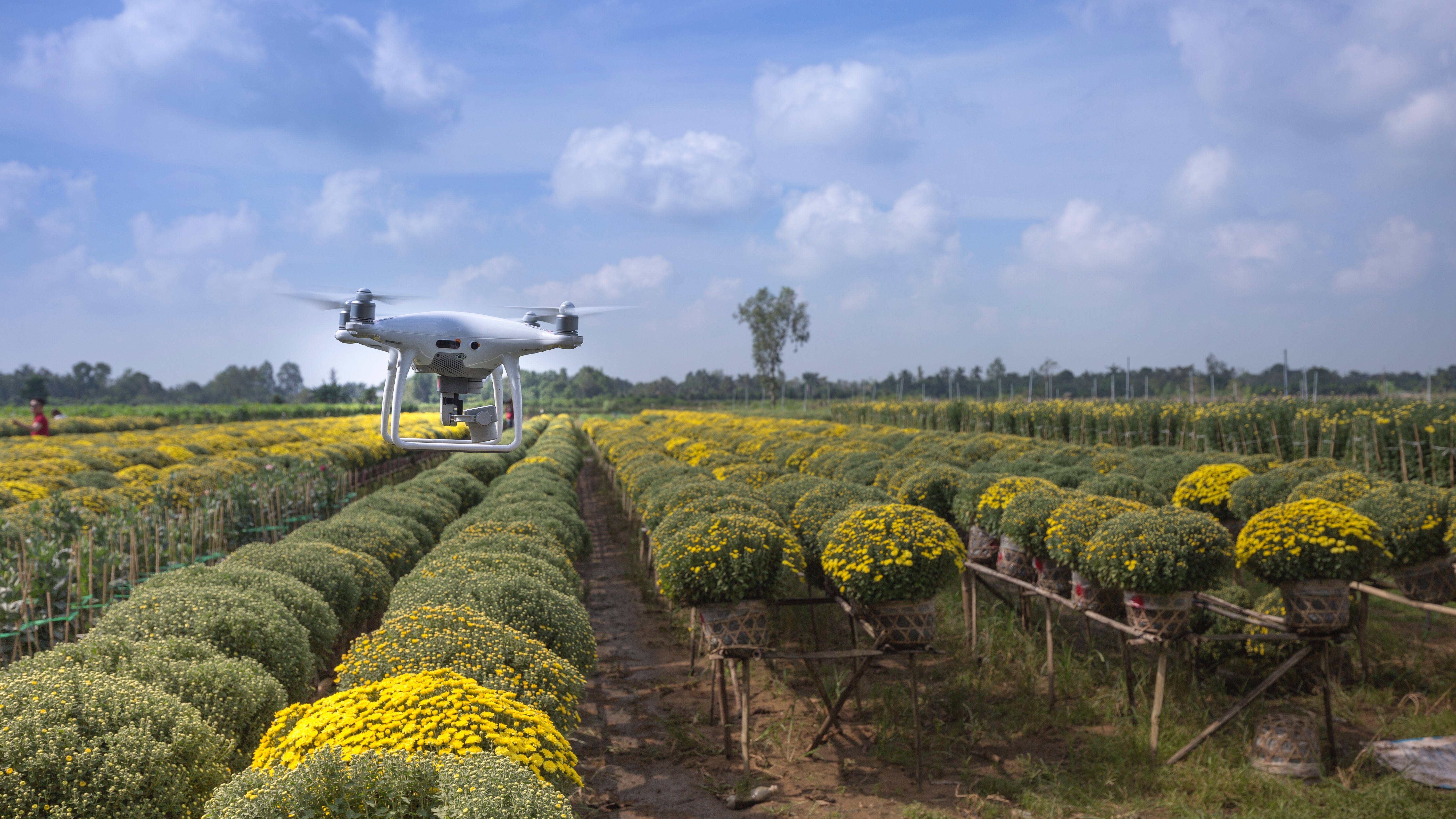Kaspersky's new solution will protect your business from consumer drones
Kaspersky Antidrone prevents drones from entering prohibited areas without damaging them

Civilian drones pose a serious risk to airports and other businesses which is why Kaspersky has launched a new solution designed to help organizations and property owners protect themselves from unauthorized trespassing by drones.
While the global drone market was estimated to be worth £11bn in 2018, the mass adoption of this revolutionary technology could be affected by the negative connotations that are often associated with drones. A recent study in the UK found that only 31 percent of respondents have a positive attitude towards drones.
This perception is largely driven by cases of improper or illegal use of unmanned aircraft. One notable example occurred earlier this year when London's Gatwick Airport was closed due to drones and three flights had to be diverted.
- Where can you legally fly your drone?
- A Google-backed 5G drone took off last week
- These are the best drones of 2019
Drones can also be used for spying, injure people through crashing or cause damage to critical infrastructure as was the case when Greenpeace crashed a drone into a nuclear power plant last year.
Kaspersky Antidrone
To help make the use of unmanned aircraft systems safer and to increase operator responsibility, Kaspersky has developed its own antidrone solution.
Kaspersky Antidrone software employs several hardware modules provided by its partners to distinguish drones from other objects in the sky. The primary detection module searchers for drones using video cameras alongside radar, LIDAR and audio sensors. It is also worth noting that Kaspersky is the first company to use a laser scanner to determine the position of a drone in a commercial solution.
When the software detects a moving object in the sky, its coordinates are transmitted to a dedicated server which then sends this information onto a special unit. This unit then rotates towards the object, tracks it and then the camera zooms in on it.
Sign up to the TechRadar Pro newsletter to get all the top news, opinion, features and guidance your business needs to succeed!
A neural network, that has been trained to identify drones among other moving objects, simultaneously analyzes the object in the video. If it distinguishes that the object is a drone, the server sends a command to the dedicated module to jam the communications between the device and its controller. This causes the drone to either fly back to where it was launched from or land in the location where it lost signal with the controller, resulting in zero damage to the drone itself.
Project owner of Kaspersky Antidrone, Vladimir Turov provided further insight on the company's new antidrone solution, saying:
“Many members of Kaspersky Antidrone team, myself included, have long been drone pilots. Unmanned aircraft can sometimes pose real danger. For instance, I’ve witnessed some risky situations during public events. It clearly causes some doubt around the use of the technology. Unfortunately, as a drone pilot, you often don’t know which locations are prohibited, so when your drone is unexpectedly crushed or physically attacked with hostile protection measures, it is very frustrating. That’s why, during the development of our product, we took the interests of drone enthusiasts as well as safety requirements and concerns into account. This helped us develop a way to ensure drones do not enter prohibited areas, without damaging them.”
- Also check out the best antivirus software
After working with the TechRadar Pro team for the last several years, Anthony is now the security and networking editor at Tom’s Guide where he covers everything from data breaches and ransomware gangs to the best way to cover your whole home or business with Wi-Fi. When not writing, you can find him tinkering with PCs and game consoles, managing cables and upgrading his smart home.
